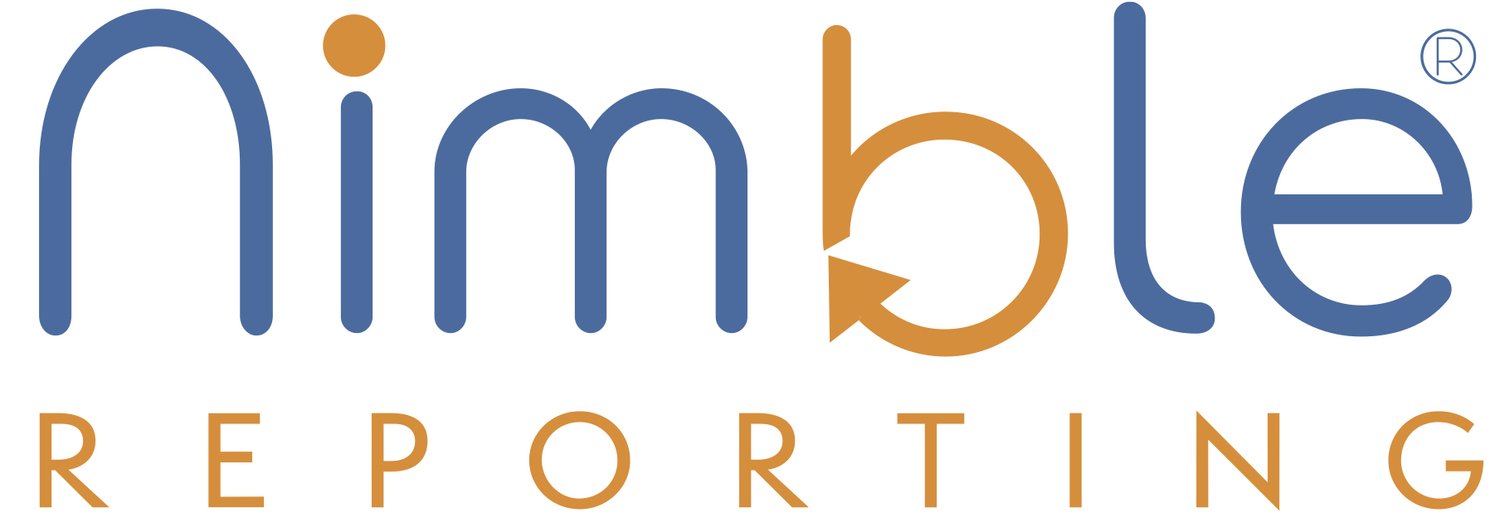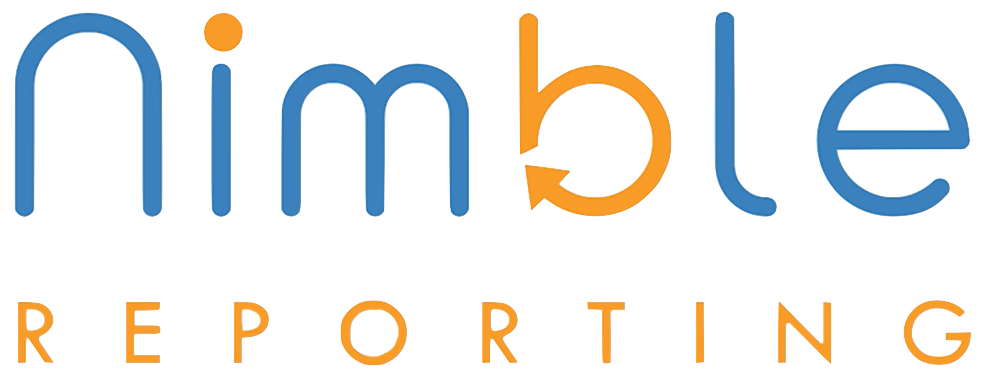White Paper: The Case for ACA Compliance in 2024
Introduction
Ever since the Supreme Court threw out the third in a series of Congressional assaults on the ACA in June of 2021, it’s been clear that Affordable Care Act is here to stay. A record number of Americans signed up for health insurance through the ACA in 2023. Another seven million were added to the roles thus far during the 2024 signup season, which means that the total amount of Americans who now have health insurance through ACA has reached 47 million and will certainly top the 50 million threshold this year. And with this comes the responsibility of reporting and compliance by the vast majority of American businesses.
Source: ASPE/HHS AS OF MARCH 2023
2024… A Bellwether Year for ACA Compliance
The Inflation Reduction Act was signed into law on August 16th 2022, directing new federal spending toward reducing carbon emissions, lowering healthcare costs, funding the Internal Revenue Service, and improving taxpayer compliance. Among its myriad provisions around climate, energy infrastructure providing incentives for private investment, consumer tax credits, lowering healthcare costs, etc. is funding governmental agencies such as the IRS with the stated goal of raising revenue. Initially $80 billion was earmarked for the IRS to streamline operations and hire new personnel with half of that dedicated to enforcement of tax compliance. And according to McKinsey and Company a corollary to that expenditure is that the IRS is expected to collect an additional $100 billion in revenue. It has to come from somewhere and a hotbed area that has been mentioned is a crackdown on ACA compliance, both with adherence to the law and improper or no reporting. This dovetails with the ending of any kind of grace period that the IRS has provided to companies, in order to finally get used to ACA reporting.
Source: ASPE/HHS AS OF MARCH 2023
The Rub… Compliance is Getting More Stringent and More Complex
With each passing year, ACA Compliance is getting tougher. Even organizations that strive to complete the reporting process on time and completely accurate, are many times not meeting those goals. Some estimates show that one on four or five companies receive a penalty letter. And this is not just a federal issue, right now there are reporting requirements in Massachusetts, New Jersey, the District of Columbia, California, Rhode Island and Vermont… with Connecticut, Hawaii, Maryland, Minnesota and Washington having bills being proposed. One can be sure other states will follow suit, all in an effort to protect citizens and drive state revenues. Of course this will complicate the reporting process even more, especially if the states have their own reporting process, information required and specific state forms that need to be filed. This year however the federal mandates present enough of an issue due to the focus on compliance. Penalties and fines are going to be somewhat unavoidable if the reporting is late, wrong or both.
In-House Compliance Management Can be a Pennywise, Dollar Foolish Strategy on Steroids
Many companies have dealt with ACA compliance in-house. They typically assign the task to one or two people who spend weeks, if not months aggregating, organizing, summarizing and reporting information for a multitude of employees with changeable circumstances throughout the year. Some of the issues include: incomplete information requirements, the complex nature of the data, coding and specific situations, the sheer number of difference aspects that need tracking, etc. Sometimes the data provided is wrong, incomplete, poorly coded, missing, etc. and this causes massive headaches, especially when time is of the essence and deadlines are on the horizon.
Studies have shown that not only are these manual tasks tedious and mind-numbing which alone can exacerbate error frequency, but many times the people working on ACA compliance are clerical in nature and have to refer to more senior people within the organization to answer coding questions, etc. Additionally, their work must be QAed carefully because mistakes create fines. Compounding the issue is that the season to handle ACA compliance mirrors tax season so there is even more pressure on the clerical staff with deadlines looming.
Source: ORBITALSHIFT
Payroll Companies… The Professional Solution for ACA Compliance
With that in mind, many companies that up to this point have managed the process in house are turning to trusted advisors to help them with the issue. Their accountants and attorneys alike are invariably pointing out that it is actually the payroll providers who are best suited to help collect the information required, organize it and assist in the filing of documentation--most notably Form 1095-C—in a completed and accurate fashion.
However, this is not completely the answer because many payroll companies treat ACA compliance as a poor stepchild to the core payroll and benefits administration they conduct… while especially this year it is equally important and because the IRS is on the lookout, should be treated with kid gloves. Many payroll companies employ software platforms to handle the rote work involved with ACA compliance, so the efficacy and ease of the ACA compliance effort is directly tied into the quality and feature set of the software platform.
Some platforms are simply better than others. Some payroll companies have even written their own solution. Whether it is a third party or a homegrown system, they are only as good as the comprehensive nature of their delivery, their ability to handle the changes in the laws that happen on a yearly basis, their ease of use and intuitiveness in terms of data entry (GIGO plays a great role in the accuracy of the result when it comes to ACA compliance), and the timeliness and QA aspects of the resulting reporting.
Summary/Key Points
The IRS has new resources as part of the Inflation Reduction Act and is focusing on ACA non-compliance as a revenue generator
It is getting increasingly more difficult to be fully compliant due to the complexity of the situation and the unknown in terms of other players such as the states, and their requirements
Companies that handle ACA compliance in-house generally are over-taxing clerical workers who have a true uphill battle to be successful
It is Payroll Providers who are best suited to assist in the administration of ACA reporting and compliance for organizations
With ACA compliance the Payroll Providers are only as good as the third party software they use or the systems they have written
It is of paramount importance that especially with all of the market pressures of ACA compliance, Payroll Providers are very careful in choosing a solution to protect their clients
Contact Us
877-999-2848 www.nimblereporting.com
Copyright © Nimble Reporting 2024. All Rights Reserved. No part of this publication may be reproduced in any form without the prior written consent of Nimble Reporting.






